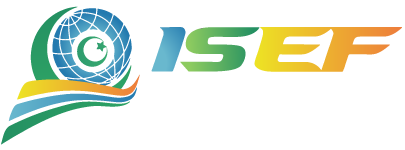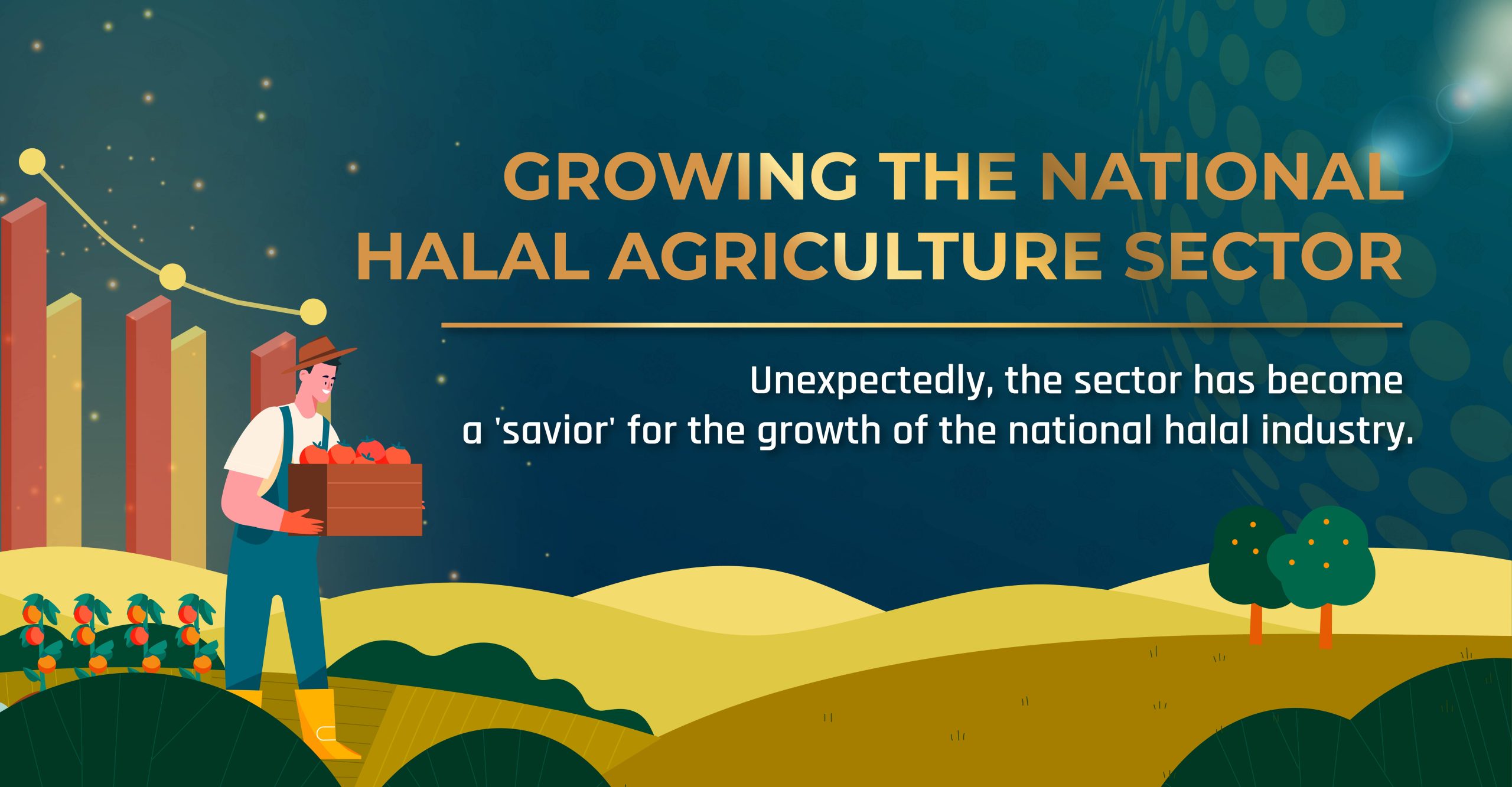Unexpectedly, the sector has become a ‘savior’ for the growth of the national halal industry.
In the Sharia Economic and Financial Report issued by Bank Indonesia, it was found that throughout 2020, the Indonesian sharia economy experienced minus growth, -1.72%. However, this figure is still much better than the national economic growth of -2.07%. Sharia economic well growth is supported by none other than the agricultural and halal food industry sectors. The sector managed to grow 1.85%, which even though shows a lower number, still managed to show a positive increase exceeding expectations of business players. On the other hand, the halal food sector grew positively by 1.58%. Thus, the highest contributor to the growth of the Indonesian Halal Food Chain (HFC) sector during this pandemic is no longer halal food, but the agricultural sector.
The stable public consumption, especially for food during the pandemic, has allowed this industry to run relatively well. This shows a great potential for the agricultural industry sector to support the halal industry. So, what exactly is meant by the halal agricultural sector?
Discussing the halal agricultural sector, it doesn’t only cover food crops, but also livestocks. According to sharia, humans must consume food and drinks that are halal as well as thayyib or good. This quality must be interpreted holistically, not only referring to the slaughtering process, but also to animal welfare starting from capturing process, feeding, cages’ cleanliness, slaughtering places, distribution, and sales. This is what shows the difference between halal and thayyib standards with qualities determined by mere human rules.
In Indonesia, there are already several special regulations governing products related to halal regulations, namely slaughterhouses and products, as well as dairy products and their processed products. The regulation mentions the Slaughterhouse (Rumah Potong Hewan-RPH) and the Meat Handling Unit, as well as the insertion of carcass, meat, and/or offal. Halal regulations stipulate that RPH or meat slaughtering businesses must be able to provide Safe, Healthy, Whole, and Halal (Aman, Sehat, Utuh, dan Halal-ASUH) meat products. Meanwhile, at the production and labeling level, it is also regulated regarding the separation of halal meat slaughterhouses and slaughterhouses for pigs, management of slaughtered animals, the presence of halal slaughterers, and distribution and sales that must be separated from non-halal animals.
Of course, all halal products, including produce, need to get halal certification to ensure that all the processes before the agricultural products reach consumers, are truly in accordance with Islamic sharia. Producers need to register their products with the Halal Product Assurance Organizing Agency (Badan Penyelenggara Jaminan Produk Halal-BPJPH), which is the only institution in Indonesia that has the right to issue halal certification. Not only recognized domestically, this halal certification is also recognized abroad, thus facilitating efforts to expand its market.
Currently, Indonesia’s position is still below Malaysia and Thailand in the development of halal agro-industry. The large market share, good certification system, and abundant raw materials in Indonesia are still not fully utilized by the agro-industry sector players. Broader education is needed for business owners and ease of financing for the halal industry sector. This can be a benefit to make people more interested in developing halal businesses. In addition, efforts to develop halal agro-industry also need government support through socialization, professional guidance, and the provision of easier and cheaper halal raw materials.


